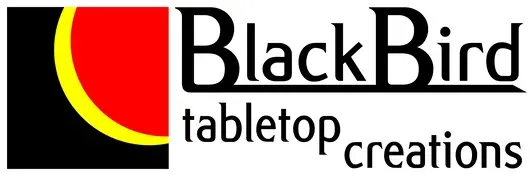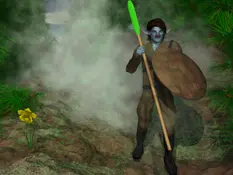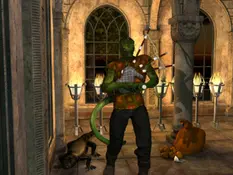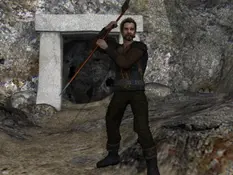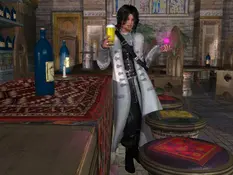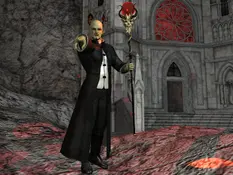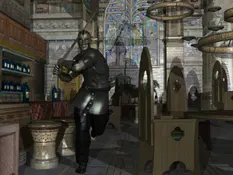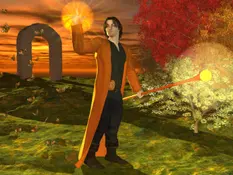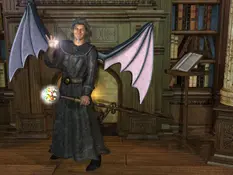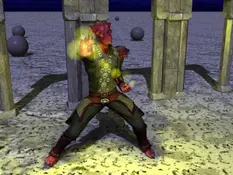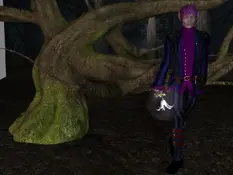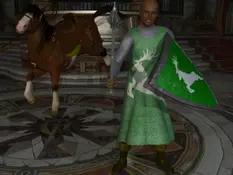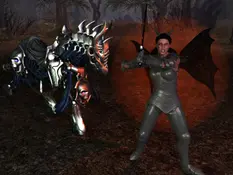SKILL: Observation
 When we’re discussing Soft Skills, one of those most in demand in the marketplace is Observation. More specifically, in this context, we’re talking about Critical Observation.
When we’re discussing Soft Skills, one of those most in demand in the marketplace is Observation. More specifically, in this context, we’re talking about Critical Observation.
What’s the difference? Plain, old, ordinary Observation is simply the ability to gather information based on what a person has seen (primarily), heard, read, or otherwise noticed. It is the intake of information. It’s a basic human skill, and one well worth developing.
Critical Observation, on the other hand, adds another layer of complexity. Here, the observer not only takes in information, but also applies a layer of analysis as to what information is important, how important different pieces of information are in a relative sense, and which pieces of information are likely to relate to each other.
This process shouldn’t be confused with Critical Thinking, which implies a much more in-depth level of analysis and the drawing of conclusions. Rather, Critical Observation can be thought of as a sort of early-sorting process; a separating of the obvious wheat from the chaff and sorting into broad categories.
This process can be further divided by making a distinction between applying it to People and applying it to Processes. (Somewhere in-between are Environments.) The examples below should help to demonstrate how this skill works, and how valuable it can be.
Imagine that a client comes into your agency as a walk-in. There are a number of things which you can observe about him, which include:
- His clothes are threadbare and rumpled
- He is unshaven
- His breath smells of alcohol
With this simple list, you might be tempted to draw certain conclusions. But let’s apply a level of criticality to each of these.
- Though his clothes aren’t in good condition, they have been visibly patched and carefully repaired. This implies pride in his appearance, but no means to purchase new clothes.
- The choice to grow a beard, or even stubble, isn’t unusual. We can probably discard this information as not relevant or helpful.
- The man shows no other signs of intoxication, such as staggering or slurring. The odor could be caused by a condition such as diabetic ketoacidosis, which is consistent with someone unable to afford their medication or other medical treatment.
The first item required observing more deeply. The second required weeding out. The third required looking at from multiple points of view. Of course, it’s possible that the client is a homeless alcoholic. But it’s also possible that he’s a banker on his day off, who did some gardening in old clothes, and had a wine with lunch. The more critically you observe, the more likely you are to gather useful information.
Imagine that you have an employee who has been a problem for some time. On repeated occasions, you have had to “write up” this employee. Facts evident from her file include:
- She has been with the company for three years.
- She regularly turns in late reports.
- The quality of her work, otherwise, is excellent.
- Her supervisor has filed repeated complaints.
The obvious solutions immediately present themselves: either offer an incentive (and possibly training) to manage time better, or institute the threat of firing for the same reason. What id we look more closely, though?
- The longevity of this employee means that she is a big investment for the company. She and her knowledge are valuable, and firing should be a last resort.
- When and why are these reports turned in late? It turns out there is a pattern: Only reports due on a Friday come in late. That doesn’t look like time management; it looks like a “real-world” issue interfering. Perhaps there is a child-care issue, or a medical challenge. Asking (carefully, delicately) about the cause could offer solutions, like flexible scheduling or work-from-home.
- The quality of her work reinforces that this is likely not a competence issue. It’s worth looking for another cause of the problem.
- The supervisor’s complaints are probably not strictly relevant here. We already know that there have been disciplinary issues, so this doesn’t add anything new.
The first example is mostly Person-focused; the second is mostly Process-focused. Both are important, and while a lot of the skills overlap, each is important and requires their own practice.
Games that can help to build Observation skills include:
- Block Happy
- Codenames
- Dixit
- Kingdom Builder
- Magic Maze
- Patchwork
- Potion Explosion
- Sagrada
- Small World
- Star Trek Panic
- Ticket to Ride
